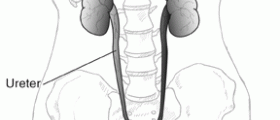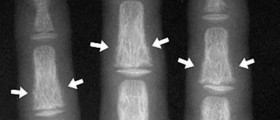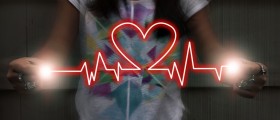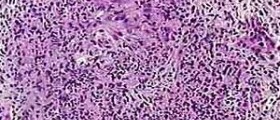
How does acute renal failure manifest?
Acute renal or kidney failure is a condition characterized by the loss of the function of one or both kidneys. This results in their inability to perform some basic functions, of which the most important are filtering and elimination of waste material, as well as excess fluid and salts from the body. Due to this, these materials, fluid and salts begin to accumulate in the body, which causes further health problems. Renal failure, which usually occurs all of a sudden, can have fatal outcome, which is why medical attention is necessary as soon as possible. In people who are otherwise healthy, it is possible to recover completely and have normal functioning of the kidneys again, but in people who are already hospitalized or are in a critical condition due to some injury, accident or some other health condition, chances to fully recover are not that high.
As for the signs that might point out to this problem, among the most common are retention of fluid, which further causes swelling in the legs and ankles primarily, and then decreased output of the urine, fatigue, nausea, and pain and pressure in the chest area. In some cases, it is possible that no symptoms are present at all, or that this condition is identified based on the results of laboratory tests that are done for some other reason. However, since the condition develops rapidly, it is highly recommended to visit a doctor if the person becomes suspicious for some reason.
How can it be treated?
The treatment definitely depends on the cause and since some underlying condition is very frequently the cause of the acute renal failure, the treatment of that problem in question might improve the condition of the kidneys as well. Until the kidneys recover, the focus of the treatment will be prevention of possible consequences and complications. The amount of fluid in the blood might need to be balanced again, which is why fluids might need to be given intravenously to the patient. Or, if fluid retention is present, the medications such as diuretics might be given to the patient in order to expel excessive fluids. The levels of potassium in the blood will probably be disturbed, which is why the patient needs to take supplements of calcium and glucose. This will prevent the build up of potassium in the blood, as well as problems that it might cause, among which is also arrhythmia. In case the toxins accumulate in the blood, the person in question will need to undergo hemodialysis.

















Your thoughts on this
Loading...